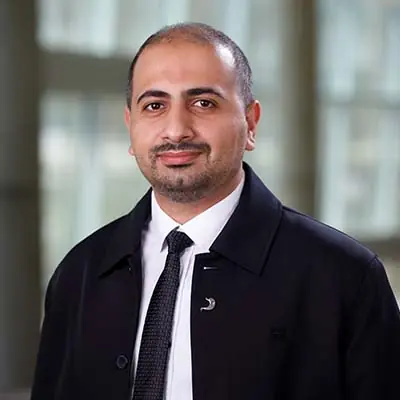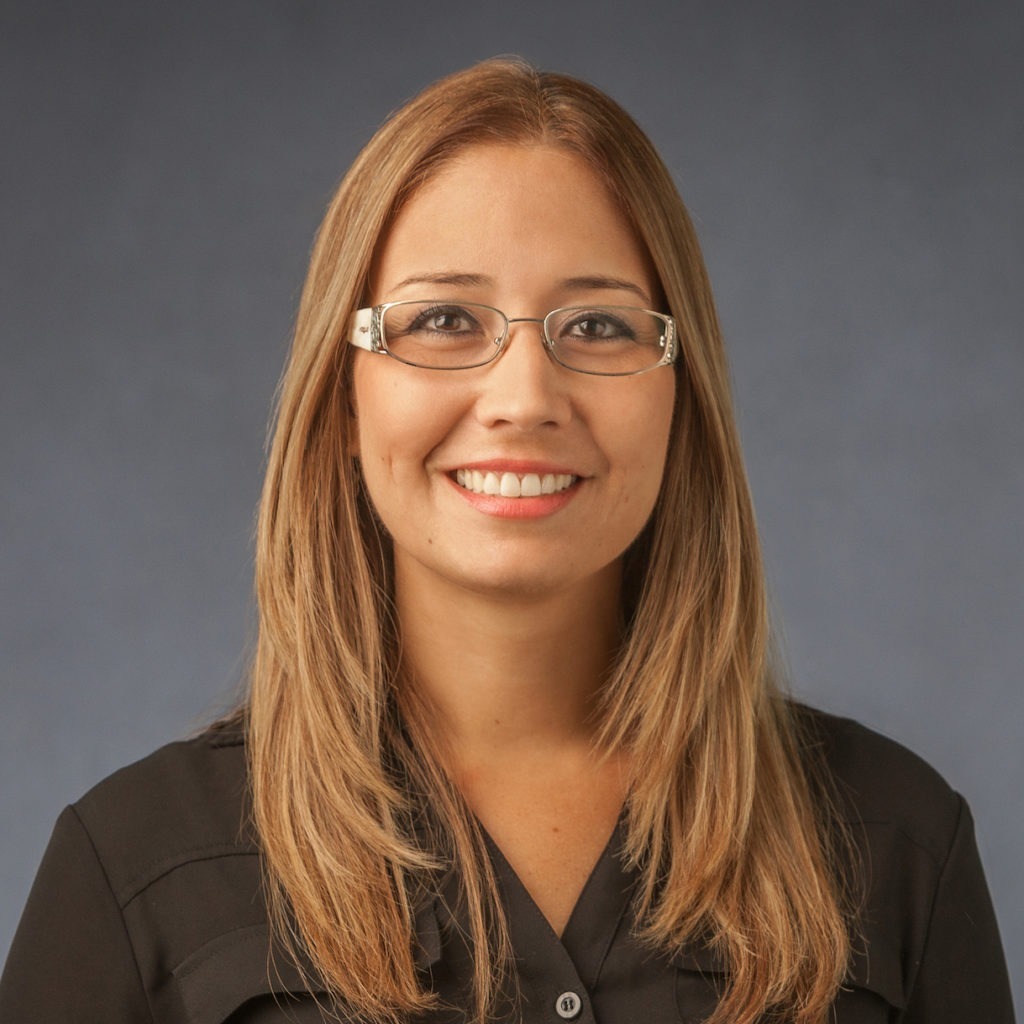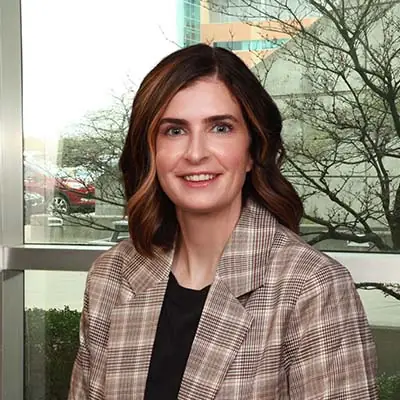Gastroenterology, Hepatology & Nutrition at Children’s Nebraska treats kids from birth to age 19 who are struggling with a variety of eating and digestive problems — from abdominal pain to constipation to food allergies to liver disease.
In addition to diagnosing and treating a wide range of issues, our team of gastroenterologists — doctors who are specially trained to treat kids with eating and digestive issues — works closely with physicians from other specialties to provide individualized care for every child.
For instance, children with food allergies or hypersensitivities might need to be seen by Allergy, Asthma & Immunology specialists. And patients who struggle with swallowing or aspiration may need to be seen by a pulmonologist (a doctor who specializes in breathing issues) or Ear, Nose & Throat (ENT) specialist.
Make An Appointment
Phone 402-955-5700 | Fax 402-955-5720
Our Specialists
What Sets Children’s Apart?
Gastroenterology, Hepatology & Nutrition at Children’s in Omaha, Nebraska is the only service of its kind in the state of Nebraska that has specialized clinics of experienced medical teams who are trained to treat all aspects of your child’s condition.
Children’s GI clinics include:
- Aerodigestive: For infants and children who have digestive problems, including swallowing and aspiration issues (where food and liquids pass into the airway rather than swallowed). We also see children with GERD (gastroesophageal reflux disease). This is when food in the stomach comes back into the throat.
- Feeding and growth: For children who have significantly slower weight gain than their peers (failure to thrive), or other issues related to eating or feeding difficulties. This clinic includes experts in feeding therapy and behavioral health.
- Food hypersensitivity: For children who have any symptoms of food allergy with secondary GI symptoms.
- Inflammatory Bowel Disease (IBD): For children who have conditions such as ulcerative colitis and Crohn’s disease.
- Liver: For children with elevated liver enzymes or liver disease.
- Metabolic dysfunction-associated steatohepatitis (MASH): For children with obesity-related liver diseases including MASH.
- Parenteral/Enteral Nutrition Services (PENS): For children who require nutrition support, including tube feeding.
We also conduct clinical trials that involve the latest and most effective treatments for conditions such as liver disease, motility disorders, and intestinal failure.
Children’s Nebraska Is Proud To Be A Part Of ImproveCareNow
ImproveCareNow is an international network of patients, families, clinicians, and researchers dedicated to transforming healthcare for children and adolescents with Crohn’s disease and ulcerative colitis, which are both types of inflammatory bowel disease (also called IBD).
As participants in ImproveCareNow, we have the ability to exchange evidence-based practices with other GI facilities across the globe. Sharing knowledge with other experts who have seen patients with your child’s condition equips us with knowledge of the highest-quality, most effective care for your child.
We also have a parent partner — an individual parent who can provide support to other IBD families. Local parents can also consider joining the My IBD Family Facebook group, which coordinates educational and social events in the Omaha area for families with children who have IBD. (Note: Children’s Nebraska does not manage or oversee this Facebook group and is not responsible for the activities of this group.)
For information on upcoming events — or to speak with our parent partner — please email [email protected].
Conditions We Treat
Our team of gastroenterologists and other gastroenterology experts is prepared to diagnose and treat many digestive health issues, including:
-
Crohn’s Disease
A form of inflammatory bowel disease (IBD) in which the lining of the digestive tract is inflamed. -
Elevated Liver Enzymes
Liver disease can be the result of a variety of causes, including infections (like hepatitis A, hepatitis B, or hepatitis C), genetic conditions (like hemochromatosis or alpha-1 antitrypsin deficiency), autoimmune diseases (like autoimmune hepatitis), obesity-related liver disease, cancers (such as bile duct cancer or liver cancer). -
Failure To Thrive
Significantly slower (or no) weight gain compared to what is considered developmentally appropriate. -
Food Hypersensitivity
While food allergies are the immune system’s abnormal reaction to a food, a food hypersensitivity (or intolerance) occurs in the digestive system. They are usually connected with digestive enzymes or food additive sensitivities. Some children with food hypersensitivities can eat small amounts of the food without any reaction. -
Gastroesophageal Reflux Disease (GERD)
When a muscle in the esophagus fails to close correctly, the contents of the stomach may leak back into the esophagus, causing irritation. GERD is a type of motility disorder. -
Gastrointestinal Polyps
Small growths in the intestines. -
Hepatitis
Liver inflammation. -
Jaundice
When the liver is unable to properly process broken-down red blood cells, a chemical called bilirubin begins to build up inside the body. This can make a person’s skin and the whites of their eyes turn yellow. -
Metabolic dysfunction-associated steatohepatitis (MASH)
A type of nonalcoholic fatty liver disease that includes inflammation and damage to liver cells, as well as fat in the liver. -
Short Bowel Syndrome
When nutrients cannot be absorbed properly because the small or large intestines either did not develop properly or had to be fully or partially removed to address another health issue. -
Ulcerative Colitis
A form of inflammatory bowel disease (IBD) in which the large intestine and rectum become inflamed and damaged.
We have the latest diagnostic and treatment technologies and equipment to treat children and provide the following procedures, including:
-
Anorectal Manometry
Studying the anus and rectum using a catheter and a balloon. -
Antroduodenal Manometry
Studying the stomach and a portion of the small intestine using a tube inserted through the nose. -
Capsule Endoscopy
Using a swallowable camera the size of a pill to examine the small intestine. -
Colonic Manometry
Examining the strength of the colon’s movements by inserting a long, flexible tube through the anus. -
Dynamic Nutritional Management Of Tube Feeding And/Or Total Parenteral Nutrition
After nasogastric (NG) tube placement, ensuring that adequate nutrition is delivered through the NG tube or via parenteral nutrition if your child has difficulty absorbing nutrients or taking food by mouth. -
Endoluminal functional lumen imaging probe (EndoFLIP)
Used during an endoscopy to measure the pressure and dimensions in the esophagus to diagnose esophageal disorders. -
Endoscopic Microscopy
Amplifies the view of tissue by approximately 1,000x and can be used to identify real-time sensitivities and allergic reactions. -
Endoscopic Retrograde Cholangiopancreatography (ERCP)
Combines X-ray and the use of an endoscope (thin tube) through the mouth to diagnose and treat problems of the bile and pancreatic ducts. -
Endoscopic Ultrasound (EUS)
Uses a special endoscope (thin tube) that utilizes ultrasound technology to evaluate and diagnose conditions in and near the gastrointestinal tract. -
Esophageal pH Monitoring
Measuring the frequency that acid from the stomach goes into the esophagus, using a tube inserted through the nose or mouth.
Ph Probe Study Patient Education Teaching Sheet -
Esophageal Manometry
Examining if the esophagus is working by inserting a tube through the nose down into the esophagus and stomach. -
Hydrogen Breath Test
Measuring hydrogen levels in a person’s breath in order to determine if the amount of hydrogen indicates that the body is not digesting certain nutrients properly. -
Liver Biopsy
Using ultrasound guidance and a special needle to remove a small piece of liver tissue for further examination. -
Lower Endoscopy (Colonoscopy)
Looking at the lower GI tract (colon and small intestine) by inserting a thin and flexible tube through the anus. -
Nutrition Management Of Dietary Restrictions
Helping parents of children with dietary restrictions (allergies, intolerance, or feeding difficulties) to select a diet that meets their child’s nutritional needs and promotes healthy growth and development. -
Pancreatic Stimulation Testing
Measuring the pancreas’ response to the hormone secretin (produced by the small intestine as partially digested food passes from the stomach). -
Percutaneous Endoscopic Gastrostomy (PEG)
Feeding tube placement with the assistance of an upper endoscope. -
Push Enteroscopy
Using a special camera inserted into the throat through a thin, flexible tube in order to look further into the small bowel. -
Upper Endoscopy
Looking at the upper gastrointestinal tract (esophagus, stomach, and beginning of small intestine) by inserting a thin and flexible tube with a camera attached into the throat.
Upper Endoscopy Teaching Sheet
Locations
Pediatric gastroenterology, hepatology and nutrition clinics can be found in Nebraska and Iowa.
Children’s Hospital & Medical Center Specialty Pediatric Center, Omaha
Children’s Nebraska – West Omaha
Children’s Specialty Pediatric Clinic – Lincoln
Children’s Specialty Pediatric Clinic – Sioux City
ENFit Enternal Tubing Standardization
This year, feeding tubes and feeding connections are changing. Learn more

Patient Education: Gastroenterology Teaching Sheets
Learn about the most common gastroenterology exams, and what you and your child can expect.

Motility Disorders Program
Learn about treatment at Children’s for patients with motility disorders.
What To Do Next
For Patients
Make An Appointment
To make an appointment at Children’s Nebraska Omaha Gastroenterology, call 402-955-5700.
On the Day of Your Appointment
Please arrive 15 minutes early to your appointment and go to the 4th Floor for the check-in process. If you have visited us before, there is a check-in kiosk on the 1st floor to expedite the check-in process.
To assist us in providing you with the best possible care during their visit to our hospital please bring the following with you:
- Insurance card, photo ID, and co-payment.
- Please check with your insurance company prior to your visit in regard to obtaining a referral.
- A list of medications that your child is taking as well as a history of the medications they have taken in the past.
- Copies of x-rays, blood work, MRI, or CT scans. If an MRI or CT scan was done, please bring a copy of the report as well as a disc with MRI or CT loaded onto it.
- Special equipment that your child may need for the duration of the visit.
- If someone other than the legal guardian is accompanying your child to their clinic visit, please have them bring notorized documentation giving them permission to sign for treatment of your child. You may also call (402)955 8758 or (877)755-8883 to give verbal consent for treatment prior to the visit.
- Completed Patient History form, if this is your child’s first visit.
Canceling or Rescheduling Appointments
If you are aware that you will be unable to keep your appointment and need to reschedule or cancel, please call the Children’s GI clinic at 402-955-5700. We will be happy to reschedule the appointment at a more convenient time.
For Referring Providers
The Physicians’ Priority Line is your 24-hour link to pediatric specialists at Children’s for emergency and urgent consults, physician-to-physician consults, admissions, and transport services. Call 855-850-KIDS (5437).
Learn more about referring patients.














